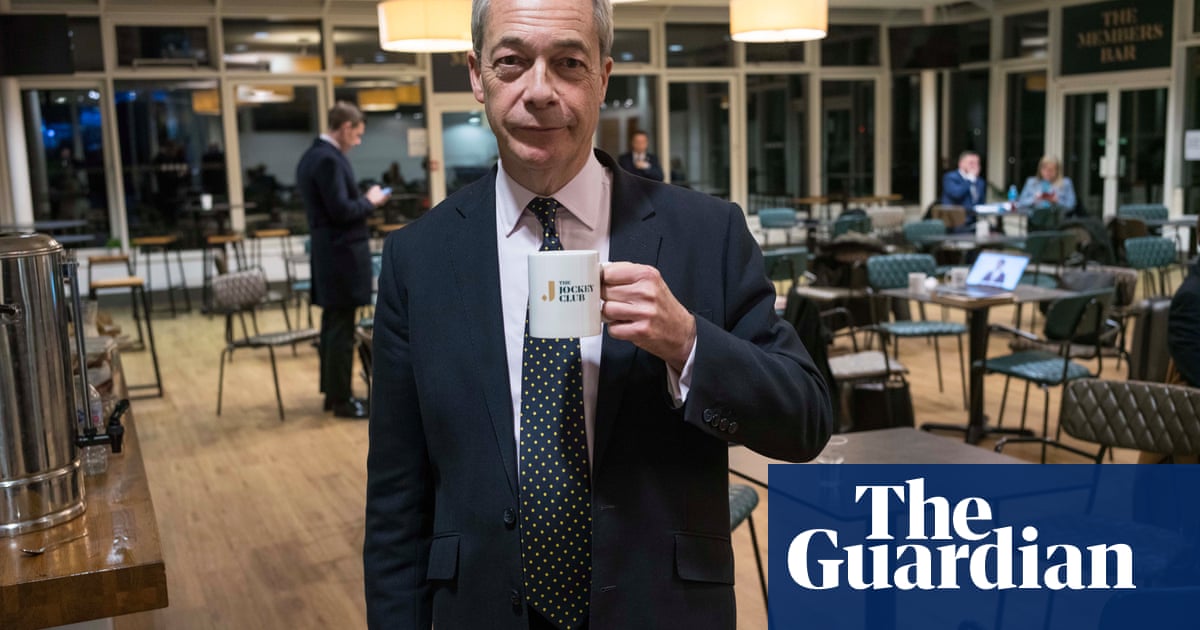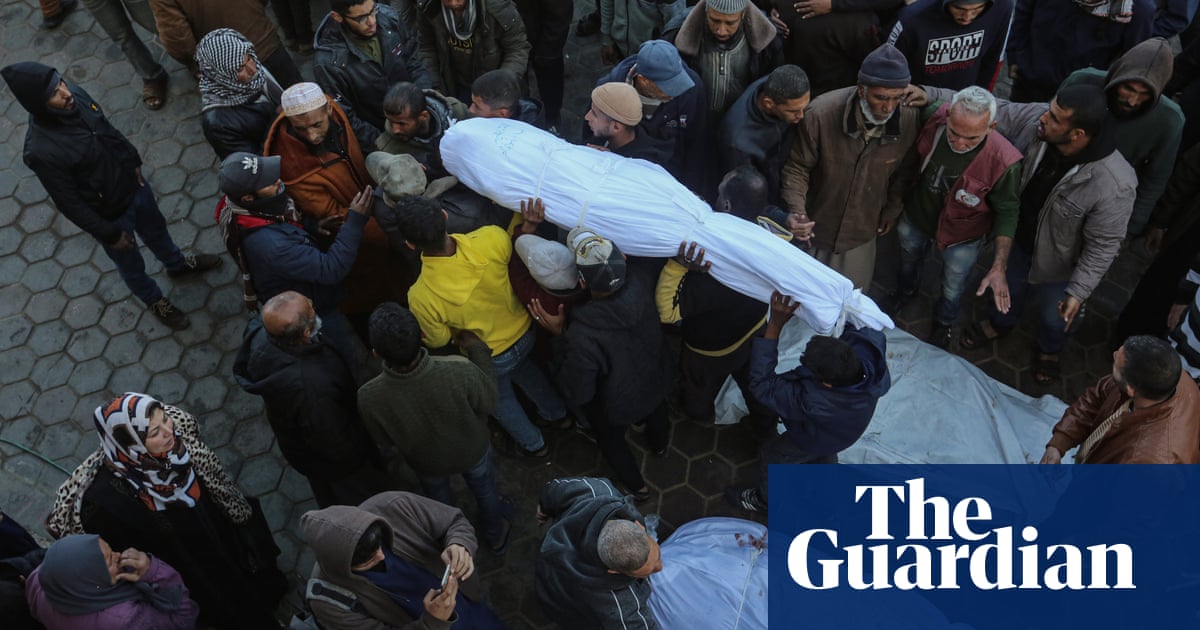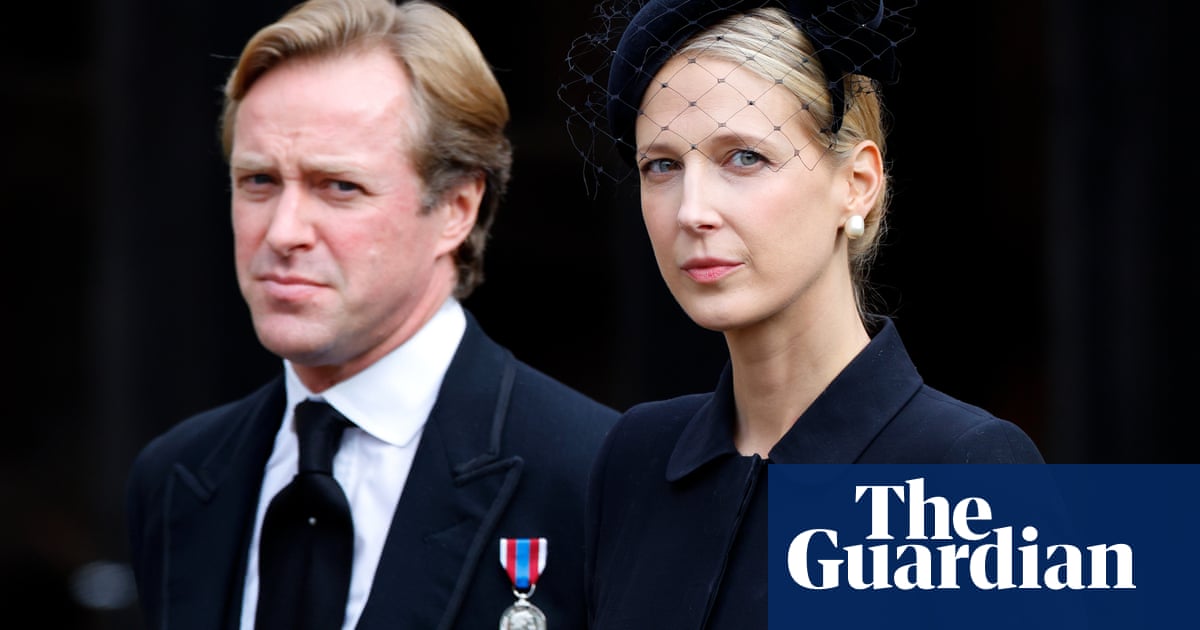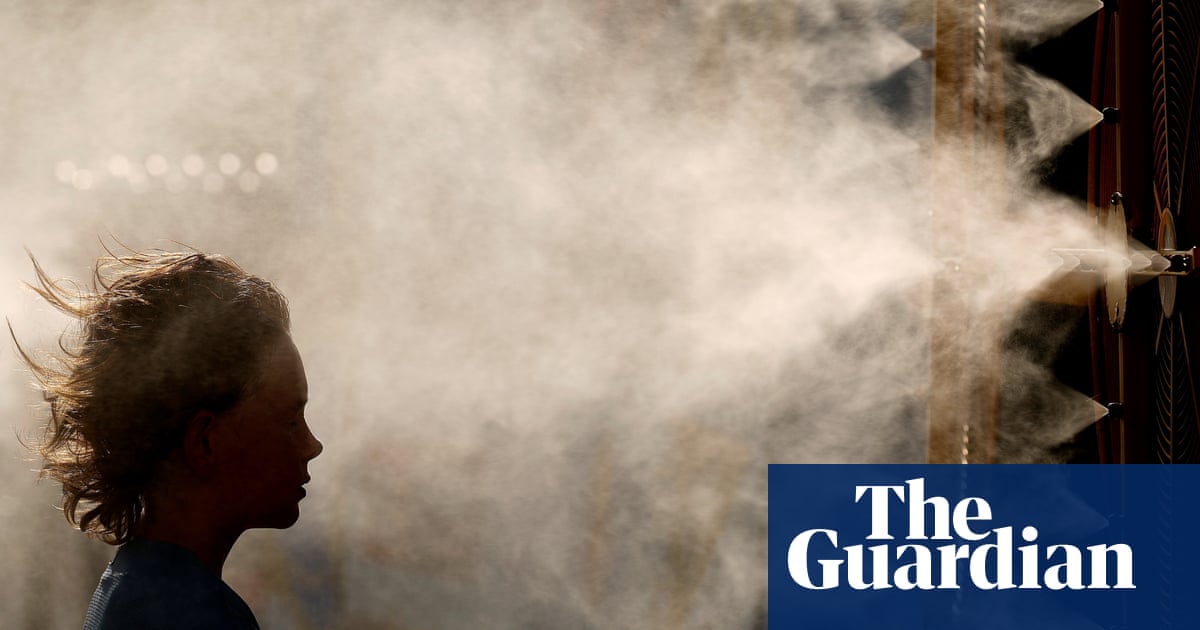Ireland’s imminent general election on 29 November has aroused little interest in Britain. Many here may not even know it is taking place. No surprise there, unfortunately. It was ever thus for Britain’s insular political class. Compared with the attention lavished on the American election, albeit this year an exceptionally important one, the Irish election has barely registered. But is what happens in Wisconsin really more important for Britain than what happens in Wicklow? Centuries of history suggest the opposite.
It does not, however, require specialist knowledge of Irish politics to see why the Fine Gael taoiseach, Simon Harris, has called a snap election in just two weeks’ time. The previous Dáil, elected in 2020, could in theory have remained in existence until next March. But Mr Harris, who succeeded Leo Varadkar as his party’s leader in April, has long wanted a contest this month. He has gone to the country now because he sees it as Fine Gael’s best chance.
The latest polls suggest Mr Harris is right. At the last election, in 2020, the country’s dominant centre-right parties, Fine Gael and Fianna Fáil, both did badly. Their combined vote share hit a historic low. Sinn Féin, by contrast, made a spectacular advance, gaining the largest share of the vote. It was not enough to give the party a seat in government. To keep Sinn Féin out of power, Fine Gael and Fianna Fáil eventually formed a coalition with the Greens.
Until recently, the coalition’s attempts to marginalise Sinn Féin seemed not to succeed. That has changed. In local and European elections in June, Sinn Féin’s vote share fell by half. Criticism of its leader, Mary Lou McDonald, has grown as she struggles to balance the interests of the party’s traditional republican supporters and newer adherents. Large losses this time would be a serious blow.
The past four years have tested every European country, Ireland included. But the coalition government has done well. Ireland handled Covid better than the UK under Boris Johnson. It also navigated the disruption of Brexit with skill and clarity – another contrast. Above all, the Irish economy has boomed, thanks to attracting inward investment that feeds a powerful export market. In his pre-election budget statement last month, the finance minister even announced a government surplus and big welfare hikes, things that Rachel Reeves would jump at the chance to emulate.
Yet beneath the boom, and despite the budget sweeteners, social problems in Ireland have deepened, in particular in housing and health. The country’s high GDP-per-head figure masks deep inequalities. As in Britain, young families face increasingly uphill struggles to enter the housing market. Unsurprisingly, the parties are promising to reverse the shortages. Fine Gael and Fianna Fáil both pledge to build 300,000 new houses by 2030. Sinn Féin pledges 370,000.
Predicting election results under Ireland’s proportional representation voting system is hazardous. That is more true than ever this time. There were 12 parties in the Dáil when it was dissolved for the election, along with 19 independents. Major boundary changes and a larger Dáil may produce even greater diversity this time. Another coalition seems likely after the votes are counted. Yet one thing is certain. With important aspects of Brexit still not fully resolved, and 26 years on from the Good Friday agreement, every Irish election has the capacity to shape British politics too.

.png) 1 month ago
18
1 month ago
18













































